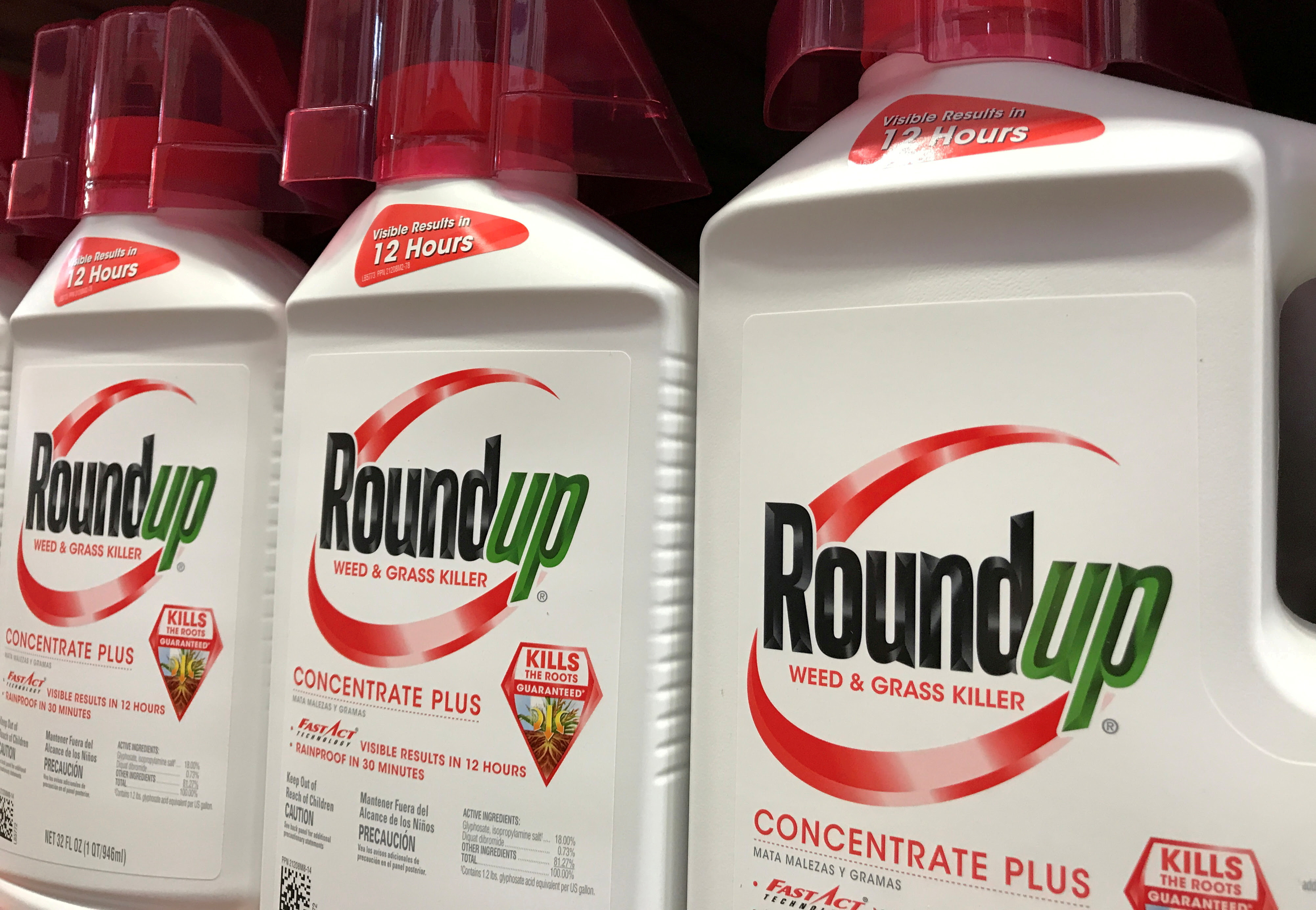~~ recommended by emil karpo ~~
July 6, 202311:44 AM EDTUpdated 4 hours ago

[1/2]Bayer unit Monsanto Co's Roundup is shown for sale in Encinitas, California, U.S., June 26, 2017. REUTERS/Mike Blake/File Photo
BRUSSELS, July 6 (Reuters) - The European Food Safety Agency (EFSA) said on Thursday it had not identified "critical areas of concern" to prevent renewed approval in the European Union for glyphosate, the active ingredient in Bayer's (BAYGn.DE) Roundup weed killer.
EU approval for the chemical that has been widely used by farmers for decades is to expire at the end of the year and the EFSA view on its impact on humans, animals and the environment is a key part of the process of deciding whether to renew it.
Glyphosate has been a focus of controversy since the World Health Organization's cancer agency IARC concluded in 2015 that it was probably carcinogenic to humans. Bayer has said decades of studies have shown that glyphosate is safe for human use.
The European Commission will determine whether to propose renewing approval for glyphosate based on the EFSA conclusion and a report from a group of four EU countries. EU members will subsequently vote on the Commission proposal.
Bayer said it welcomed the EFSA's conclusion and that it laid the basis for successful EU re-approval of glyphosate.
The German group acquired Roundup as part of its $63 billion purchase of U.S. agrochemical company Monsanto in 2018 and has since spent billions of dollars to settle a series of U.S. lawsuits claiming it caused cancer.
Safe food campaign group foodwatch said IARC's assessment that glyphosate was probably carcinogen was "still in the air" and that, with science unclear, the European Commission had to act on a precautionary basis and end approval for glyphosate.
The EFSA said it had identified data gaps meaning it could not fully assess consumer dietary risk, one of the impurities in glyphosate and risks to aquatic plants.
However, the agency said that, even with missing residue trials, its experts had concluded there would not be a concern for consumers.
The EFSA also said 12 of the 23 proposed uses of glyphosate posed a high long-term risk to mammals.
The last time glyphosate renewal was up for debate, Europe wrestled for two years determining whether to authorise it.
The Glyphosate Renewal Group, a group of companies including Bayer Agriculture, submitted an application for renewed approval in the EU in 2019.
The process was to have been completed last year, but the volume of information and public input forced a delay.
No comments:
Post a Comment